Somalia
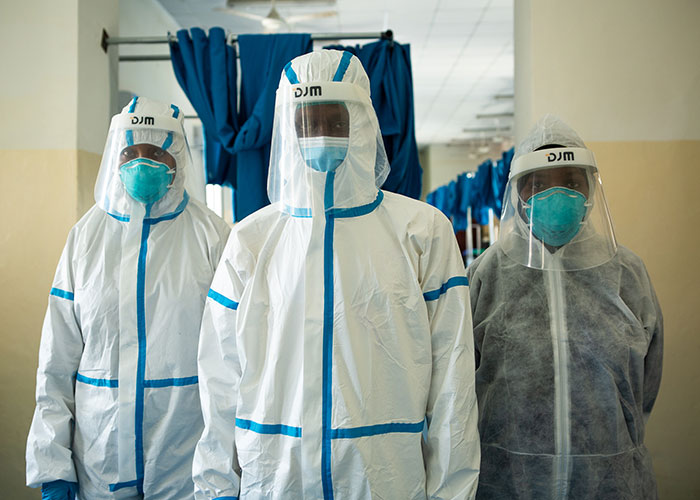
Coronavirus has created a perfect storm in Somalia’s humanitarian crisis. Our teams are helping to save lives at the first quarantine centre in the country’s capital Mogadishu.

We carry out out life-saving prevention work and provides treatment to those affected by Covid-19.
It sent shockwaves through economies, so millions can’t afford decent food to eat.
We support health systems and provide life-saving assistance. We got quarantine facilities and treatment hospitals up and running when health facilities became overwhelmed.
We deliver PPE and other resources to those in need. We spread awareness about the virus and team up with local governments to combat the pandemic.
We stop the spread of the virus in its tracks through vaccines. Today, only 1 in 5 people in Africa are fully vaccinated. We want to change that. As a trusted healthcare provider, we’re working hard to get vaccines to those in need.
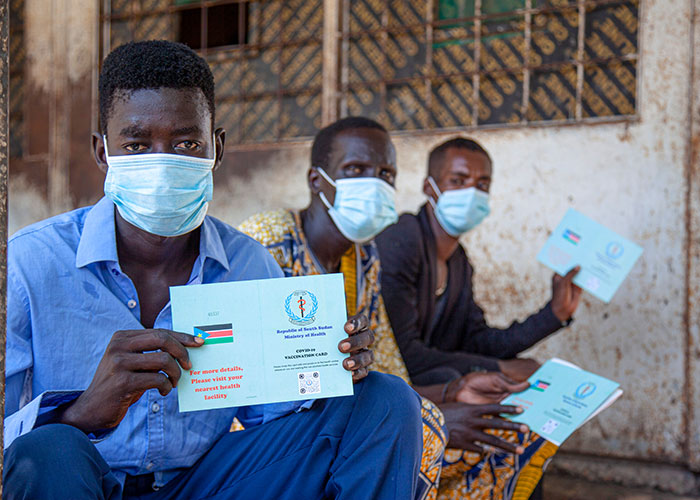
Action Against Hunger is getting Covid-19 vaccines to the people who need it most in Somalia, South Sudan, Madagascar and Zimbabwe.
A well-nourished, healthy person is less likely to become ill. While many people across the world are still waiting for the vaccine, a strong immune system is often people’s first line of defence.
And this eases the pressure on a country’s health system. It helps people to be prepared for Covid-19 and future disease outbreaks.
Covid-19 is going to have a catastrophic impact on the world's most vulnerable people. That’s why our teams are working hard to help communities respond to the virus.

Coronavirus has created a perfect storm in Somalia’s humanitarian crisis. Our teams are helping to save lives at the first quarantine centre in the country’s capital Mogadishu.
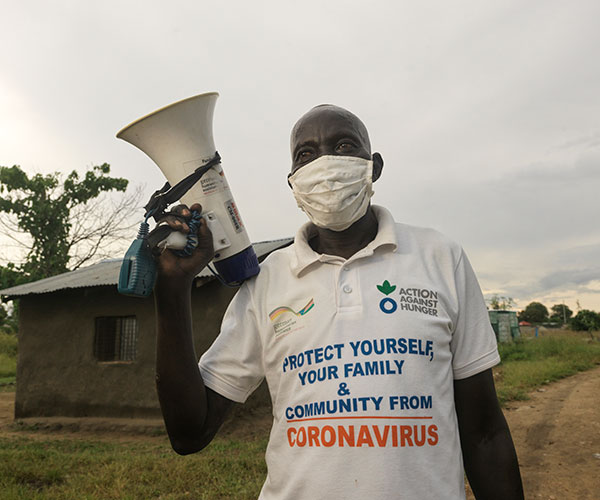
As South Sudan remains vulnerable to coronavirus, our Covid-19 hero Tondrua continues to raise awareness about the disease among his community.
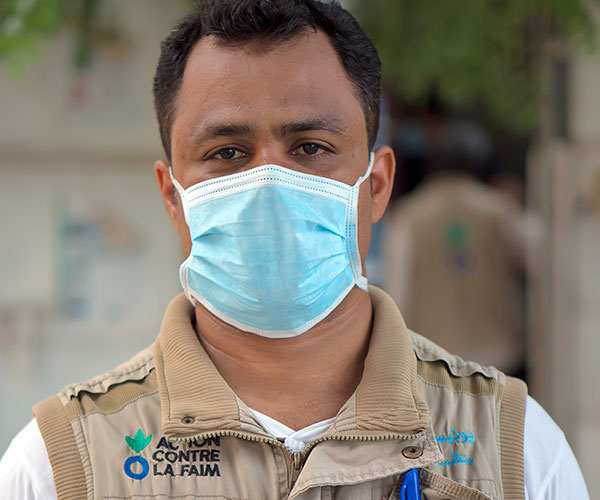
Years of conflict and fighting make countries like Yemen more vulnerable to diseases like coronavirus. Our teams are providing life-saving aid.
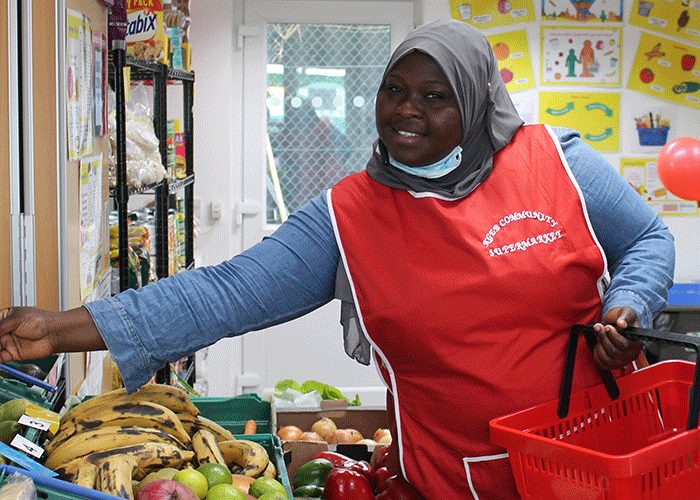
The pandemic propelled the UK into an unprecedented hunger crisis. We’ve supported our local partners to expand their programmes to tackle growing food poverty in areas with some of the highest rates of child poverty.
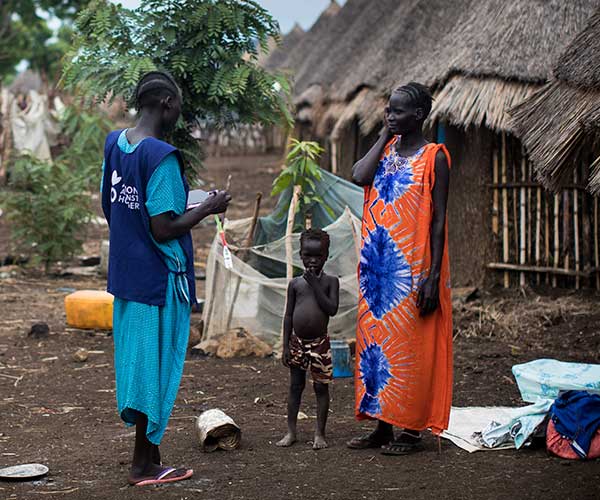
Most people facing hunger and malnutrition in the world today can be found in countries affected by conflict.
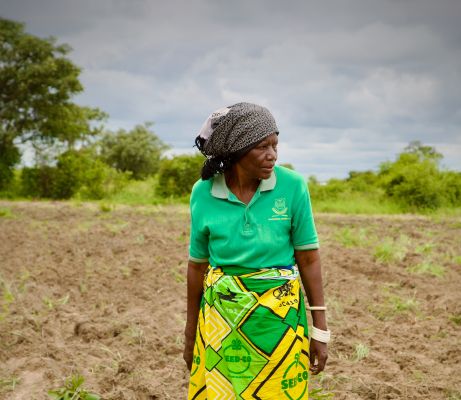
Rising temperatures and extreme weather will have a huge impact on already vulnerable communities.
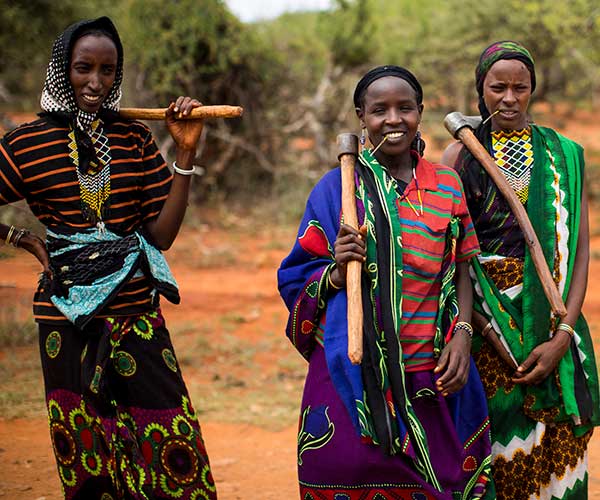
Hunger affects everyone differently. But around the world, women and girls are most at risk of becoming malnourished.